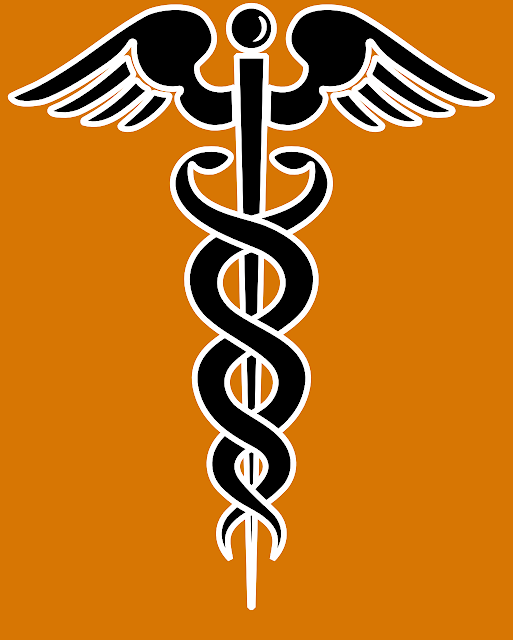The caduceus is the staff carried by Hermes in Greek mythology and consequently by Hermes Trismegistus in Greco-Egyptian mythology. Hermes Trismegistus is the purported author of the Hermetic Corpus, a series of sacred texts that are the basis of Hermeticism.
The words caduity & caducous imply temporality, perishableness and senility, while the medical profession espouses renewal, vitality and health. It was the magic staff of Hermes (Mercury), the god of commerce, eloquence, invention, travel and theft, and so was a symbol of heralds and commerce, not medicine.
Hermetic Corpus (The Hermetica) are Egyptian-Greek wisdom texts from the 2nd century AD, which are mostly presented as dialogues in which a teacher, generally identified as Hermes Trismegistus. Hermeticism, also called Hermetism, is a religious, philosophical, and esoteric tradition based primarily upon writings attributed to Hermes Trismegistus
The Caduceus is often mistakenly used as a symbol of medicine because it is similar to the Rod of Asclepius. The Rod of Asclepius is an ancient Greek symbol that has become an internationally recognized symbol of medicine, It consist of a serpent or a snake coiled around a rod.
It is a befitting representation of the physician’s art of healing because of its combination of the staff, which is symbolic of authority and the snake, which denotes rebirth, fertility, revitalization and rejuvenation. This staff is the only true symbol of medicine. I will describe more about this staff on my next posts.
The Caduceus symbol consisted of a rod with two snakes coiled around it. The Caduceus appears to be the more popular symbol of medicine in the United States, is the current emblem of many prominent U.S. medical organizations.
The caduceus is the traditional symbol of Hermes and feature two snakes winding around an often winged staff. It is often mistakenly used as a symbol of medicine instead of the Rod of Asclepius, especially in the United States and other countries worldwide.
The snake mentioned in the symbol is an Aesculapian snake which belongs to the family Colubridae. Its zoological name Elaphe longissima. Smooth, glossy, and slender, the snake has a uniformly brown back with a streak of darker color behind the eyes. The snake's belly is yellowish or whitish and has ridged scales that catch easily on rough surfaces
It is also Known as Roman Mercury or Hermes, messenger of the gods, inventor of (magical) incantations, conductor of the dead and protector of merchants and thieves. It is derived from the Greek karykeion = "herald's staff", itself based on the word "eruko" meaning restrain, control.
Most of organisations using this symbol are generally either commercial or military (or American). In Africa examples include drug & pharmaceutical companies, commercial hospitals and other medical institutes.



Post a Comment